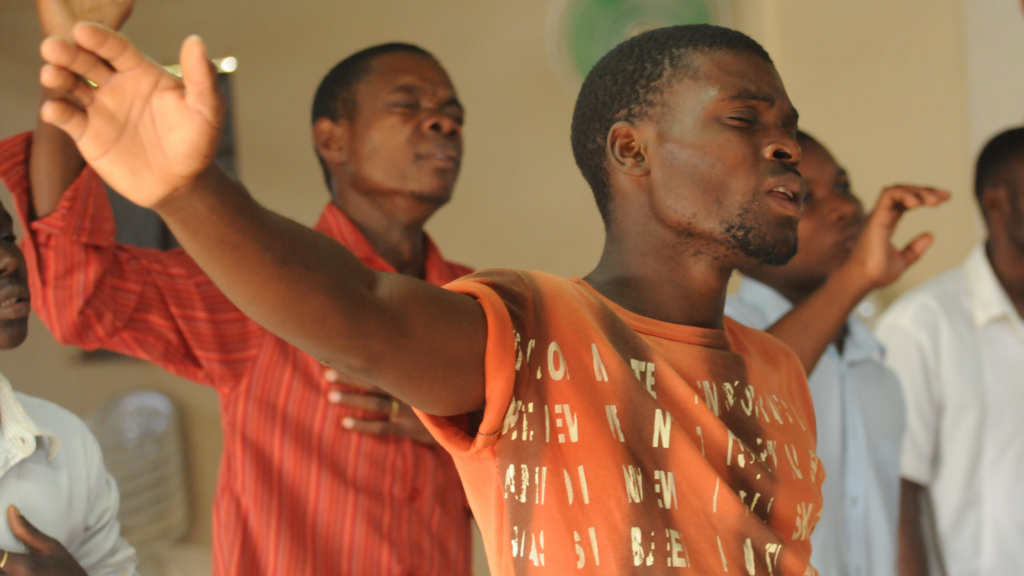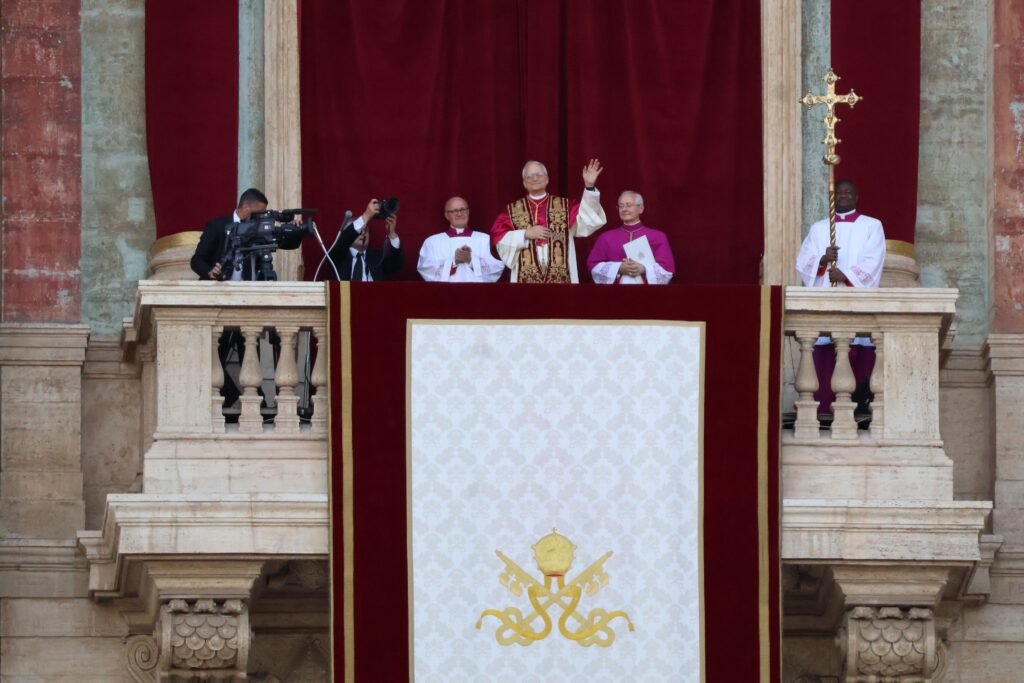In a previous post, Diana explored how effectively celebrating rituals in the catechumenate process can help catechumens follow “inspiration from above.” In this article, I want to build on that foundation by examining how the insights of Fr. Clarence Rivers, often called the father of Black Catholic worship, can help parish teams create a more effective experience for seekers.
Fr. Rivers, who died in 2004, was the first African American priest ordained for the Archdiocese of Cincinnati. He was a prolific writer, liturgist, and liturgical musician. He was ordained just prior to the Second Vatican Council, and much of his teaching anticipated the liturgical reforms of the council.
If your community is not primarily Black, you might be wondering why a discussion on Black Catholic worship is relevant to your team. While the specific expressions of Black Catholic worship might differ from your parish’s worship traditions, the underlying principles articulated by Fr. Rivers are universally applicable and offer a powerful lens for understanding what makes the rites of the catechumenate truly effective.
Sacramental worldview
Fr. Rivers challenged us to move beyond simply performing the rituals correctly and instead focus on creating a transformative experience that touches the heart and connects us to the Spirit. He believed that every liturgy should be an experience of transcendence.
He taught that effective worship is rooted in a profound understanding of God’s presence in all of creation. He believed we need to access the power of music, art, and movement to express the depths of our faith.
By embracing a sacramental worldview and engaging the whole person—mind, body, and spirit—we can create more vibrant and powerful liturgical experiences for our seekers and for the parish community.
Emotional engagement
Fr. Rivers emphasized the power of emotion in worship. He criticized the Western church’s tendency to favor a more intellectual and restrained approach to liturgy, often neglecting the vital role of emotional engagement.
Drawing on the richness of Black musical traditions, he demonstrated how music can move the heart, stir the soul, and create a deeper sense of connection to the Divine.
This doesn’t mean that you need to incorporate gospel music or spirituals into your catechumenate rites (although you could!). Rather, work with your parish musicians to choose music that truly resonates with your community, evokes emotion, and facilitates a deeper spiritual experience.
The full and active participation of the entire assembly matters for the catechumenate. Catechumenate rites should be structured in a way to help the assembly give good example to the seekers as they engage fully in the rituals
Worship as witness
Fr. Rivers emphasized worship as witness, highlighting the active participation of the entire assembly as the primary expression of faith. In this teaching Fr. Rivers was several years ahead of Vatican II’s Constitution on the Sacred Liturgy, which made the principle of full, conscious, and active participation the primary mandate of the liturgical reform (see CSL 14).
The full and active participation of the entire assembly matters for the catechumenate. Catechumenate rites should be structured in a way to help the assembly give good example to the seekers as they engage fully in the rituals. Seekers should feel welcomed and empowered to participate fully in the liturgical celebrations as they follow the lead of the parishioners surrounding them.
Liturgy and justice
Fr. Rivers emphasized the inseparable connection between worship and social justice. He argued that true worship should inspire us to act for the good of others and work for the liberation of all people. This teaching resonates with the call in RCIA 75.4 for catechumens to be engaged in apostolic witness.
Catechumenate teams should work to help seekers understand their responsibility to work for justice and liberation in the world.
This can involve incorporating social justice themes into catechumenate formation, engaging in service projects, and encouraging seekers to advocate for change in their communities.
Eschatological vision
Fr. Rivers also taught that our parishes need to have an eschatological perspective. We have to remember that worship is not an end in itself. All of our liturgies — and especially the catechumenate rites — point towards the reign of God. The reason we are initiating catechumens into the baptismal priesthood is so that they can join us in the mission bringing about that reign. We planning the catechumenate rites, we have to stay focused on how the rituals connect us to the broader mission of the church and inspire seekers toward missionary discipleship.
Adapting principles
The key to applying Fr. Rivers’ insights is to adapt his principles to your specific community.
For example:
- Embrace a sacramental worldview in all aspects of the catechumenate process, recognizing God’s presence in the ordinary and using everyday experiences to teach about faith.
- Encourage authentic expression, allowing seekers to share their faith journeys and spiritual insights in their own words.
- Strive for excellence in all elements of the catechumenate process, from the quality of the catechesis to the effectiveness of the liturgical celebrations.
- Connect the catechumenate experience to action, helping seekers understand how their faith calls them to work for justice and make a difference in the world.
By incorporating these principles, your catechumenate team can create a more transformative and transcendent experience for seekers, helping them to encounter the love of God and the liberating message of the gospel in a profound and meaningful way.
In a future article, we’ll explore the crucial role of ritual in the catechumenate process, examining how specific rituals shape the seeker’s journey of faith and prepare them for full initiation into the church.
Can you help me out?
I’d love to know how this is landing. Can you share a word or a phrase about how this article resonates with you? Does it speak to your experience? Share your thoughts in the comments box below. Thanks for being part of the conversion!



















Excellent insights!
Excellent article. I have been doing Formation for at least 12 years and the experience of connecting the learning process with actual experiences inside the church and outside is the best way for them to become disciples.
Excellent view and suggestions for implementing. We have been employing a similar approach for years and Fr Rivers’ input will just inspire us all the more to stay the course and stive to grow all the more.